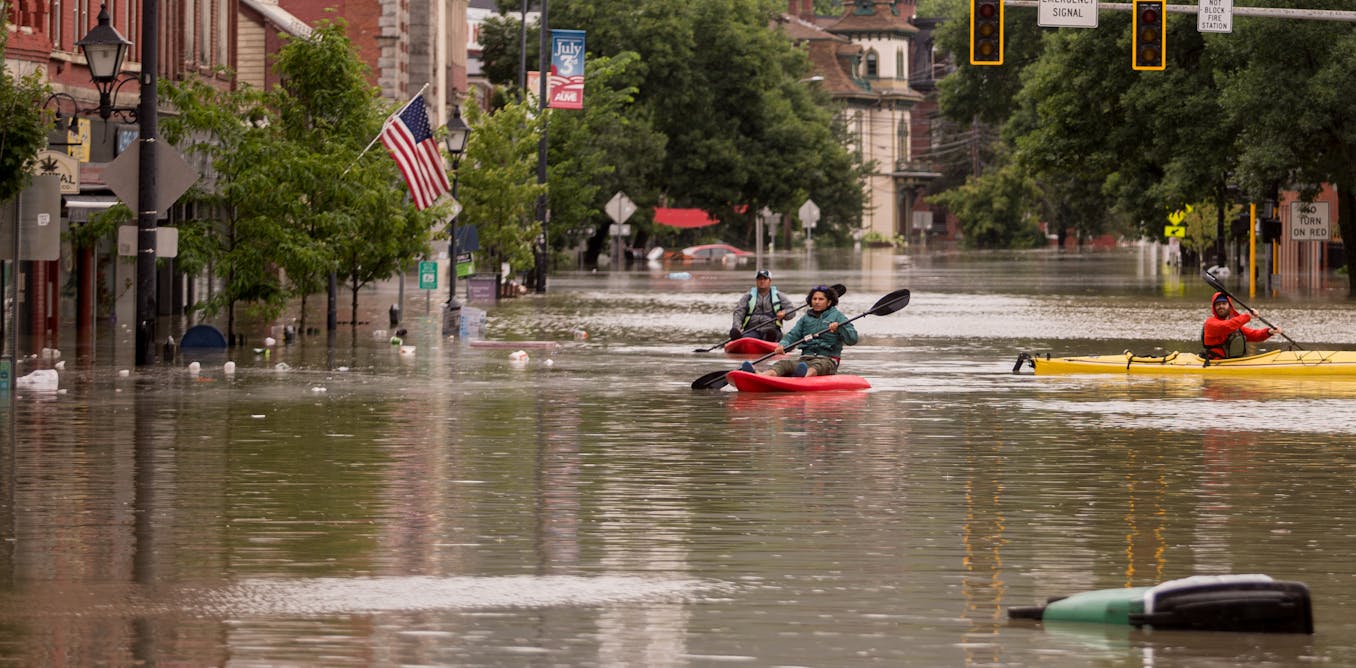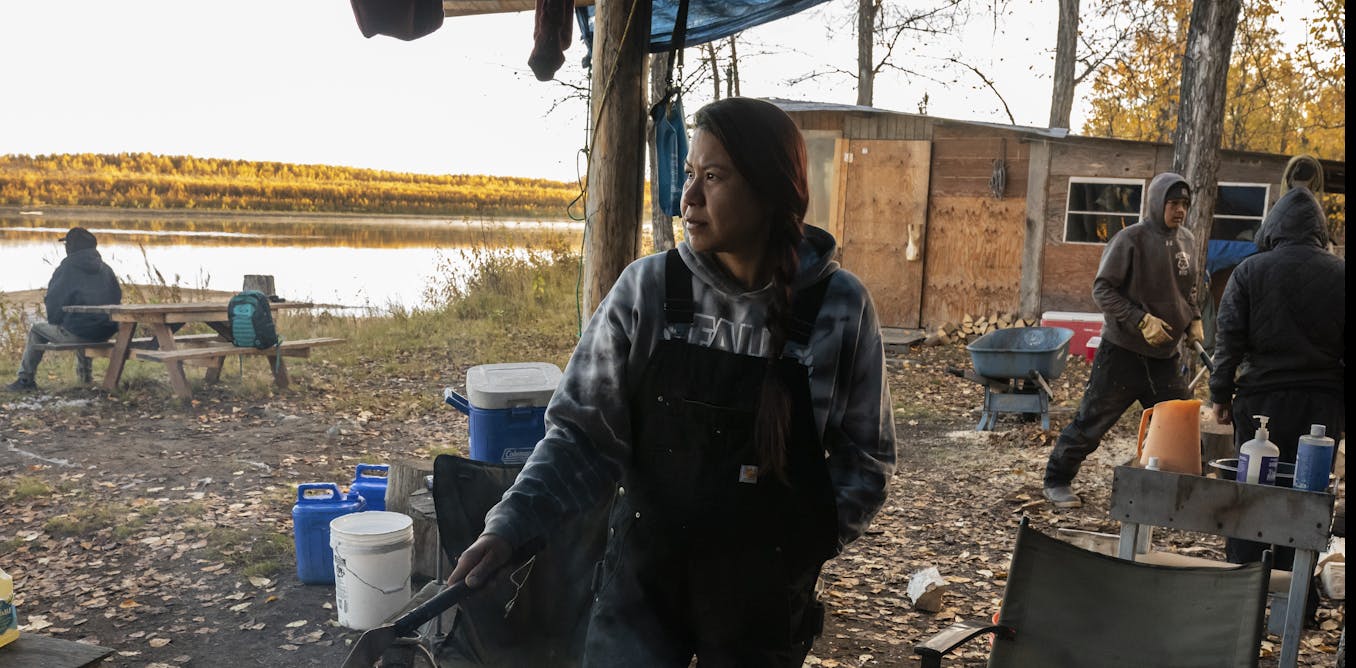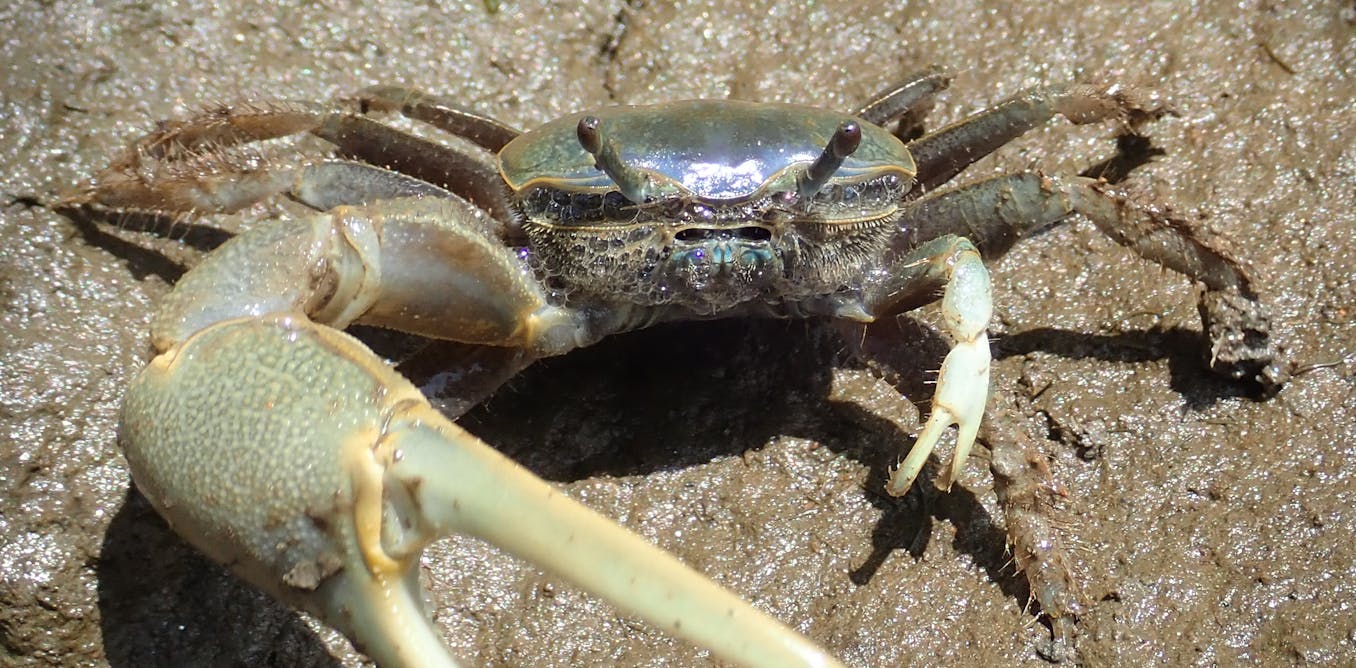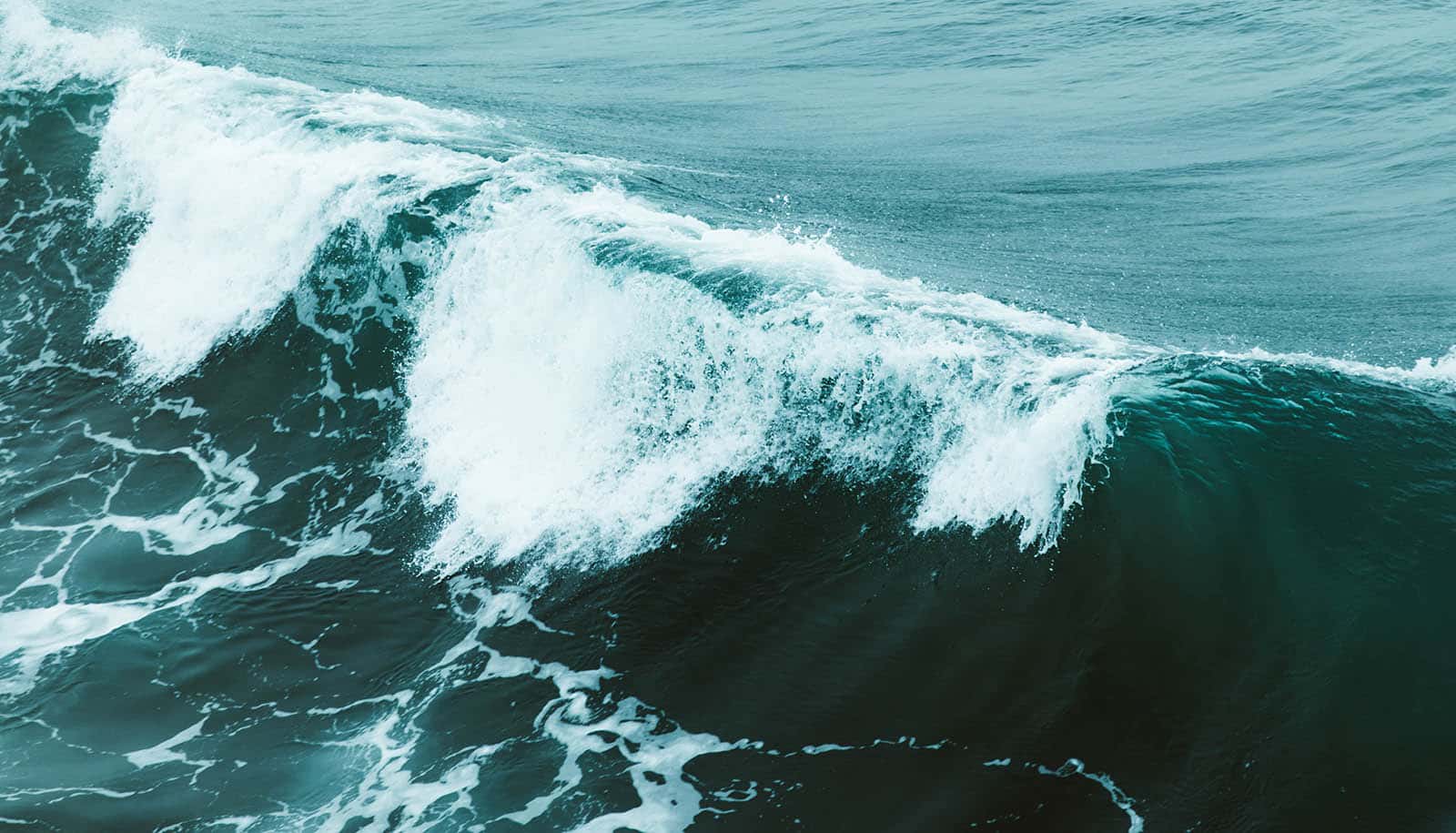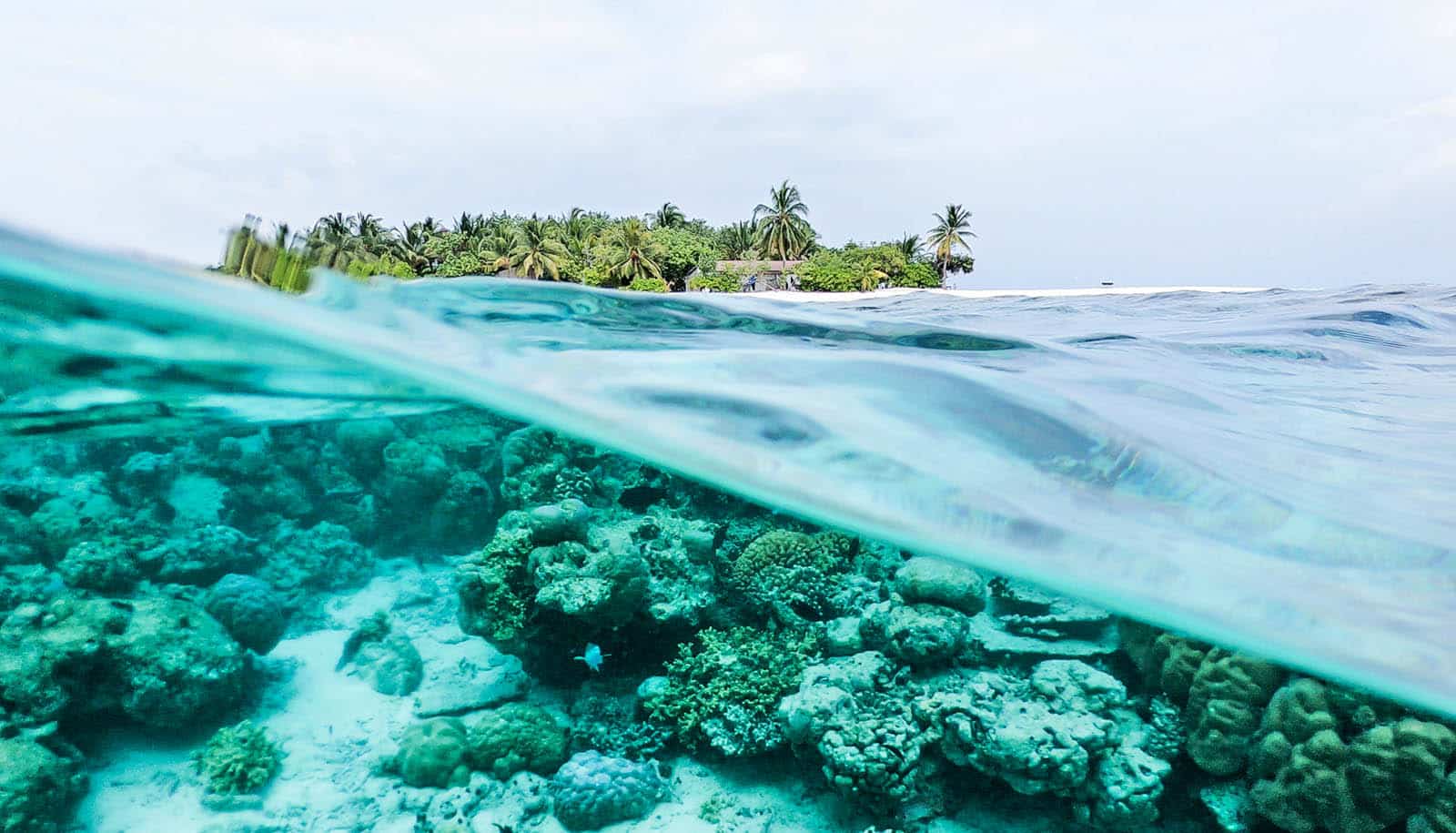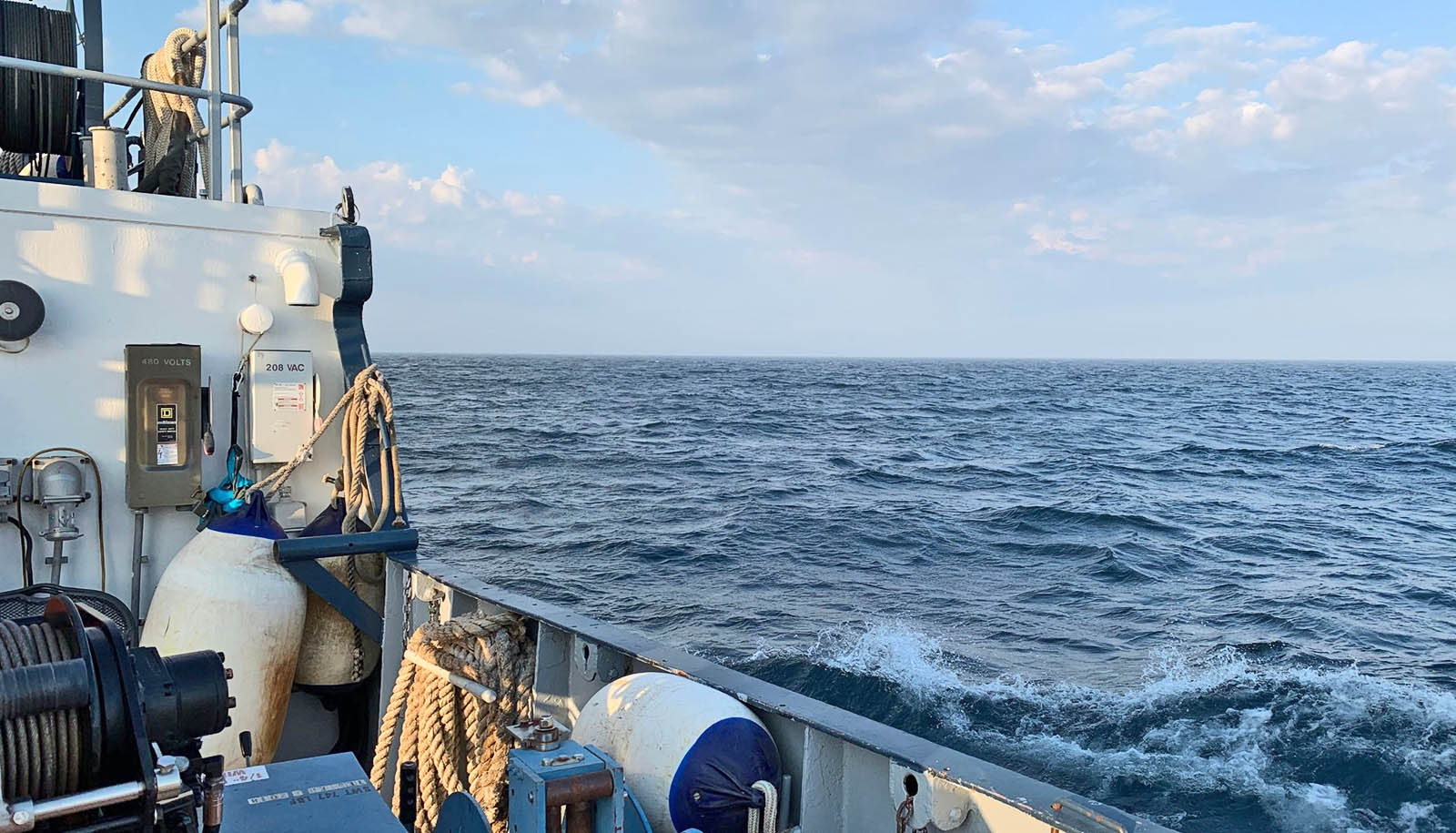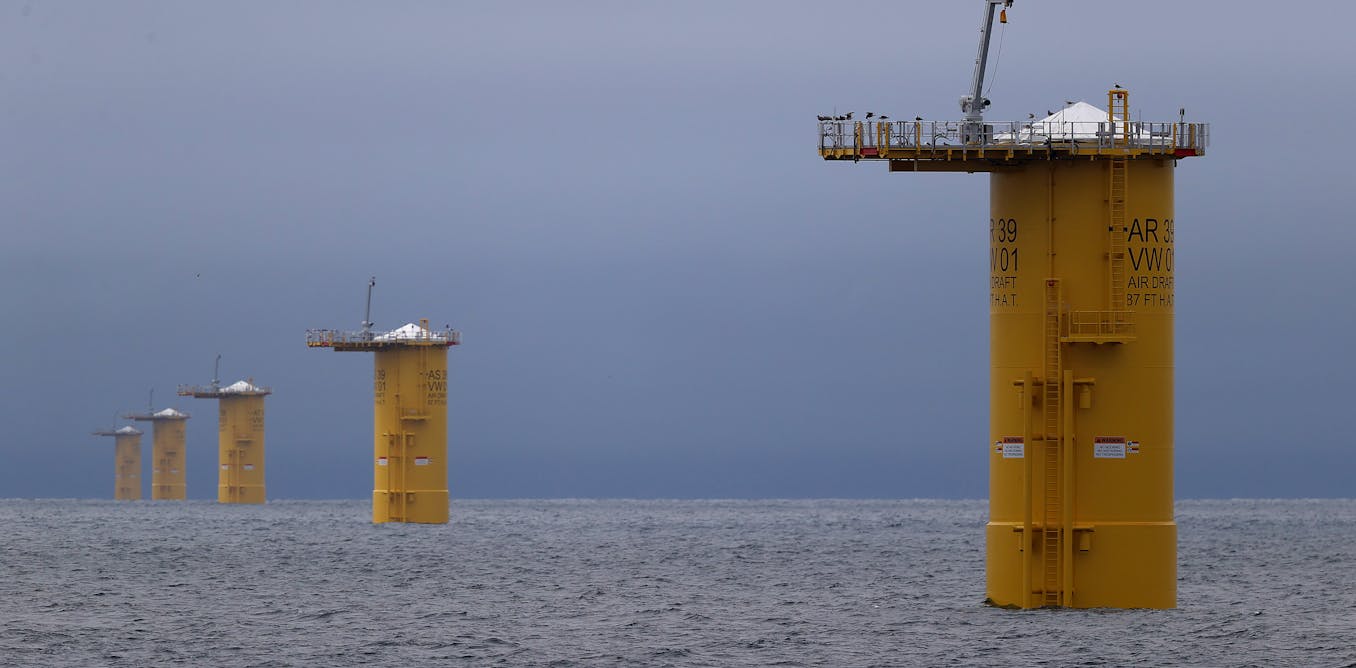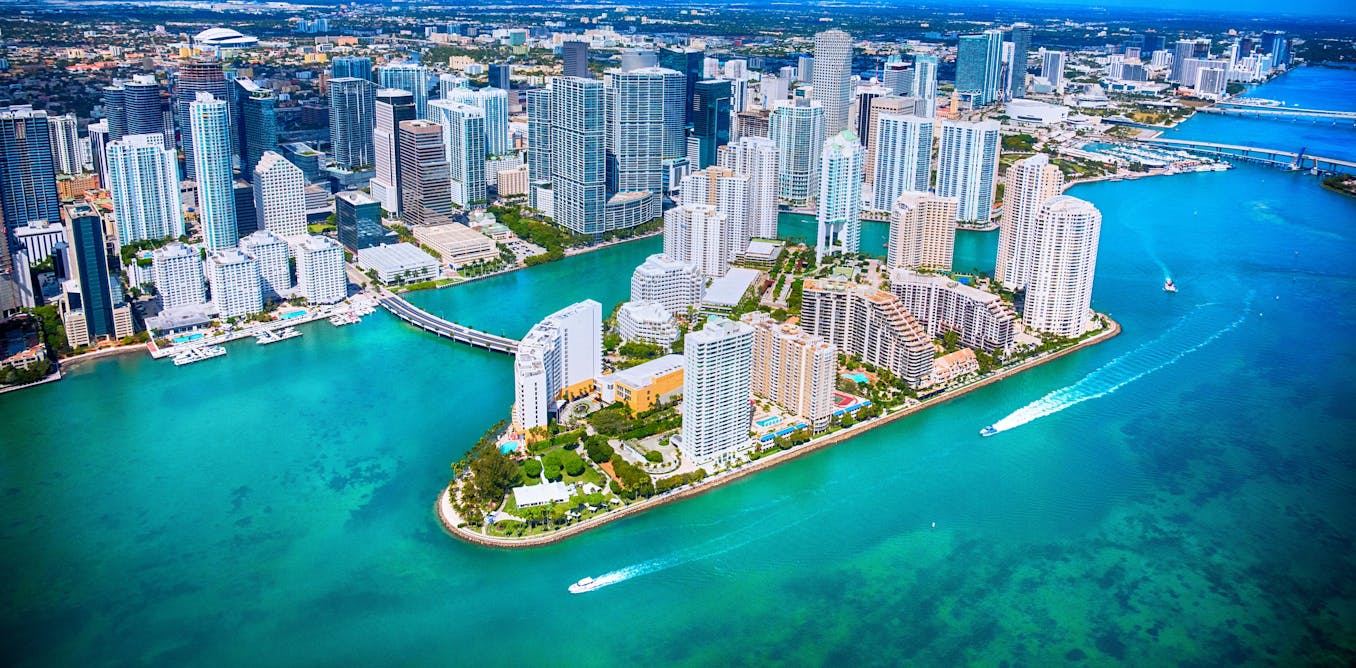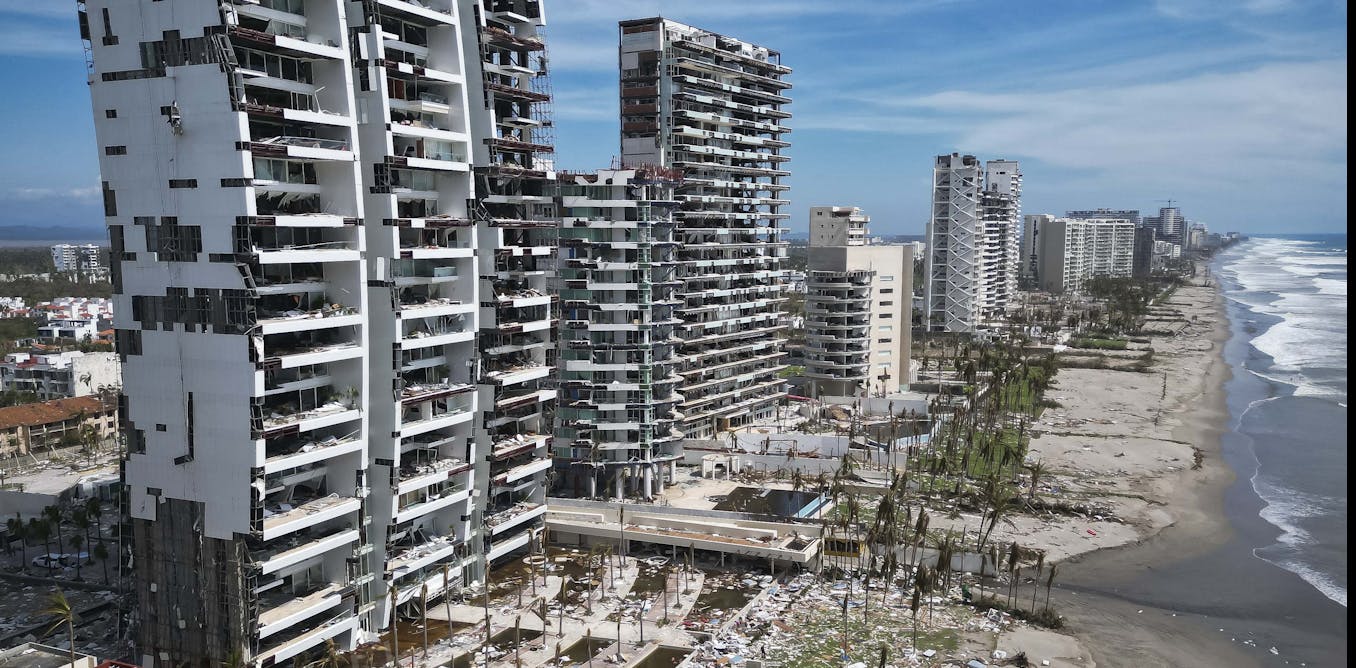2023's extreme storms, heat and wildfires broke records – a scientist explains how global warming fuels climate disasters
The US saw a record number of billion-dollar disasters in 2023, even when accounting for inflation. The number of long-running heat waves like the Southwest experienced is also rising.
Dec. 19, 2023 • ~9 min

